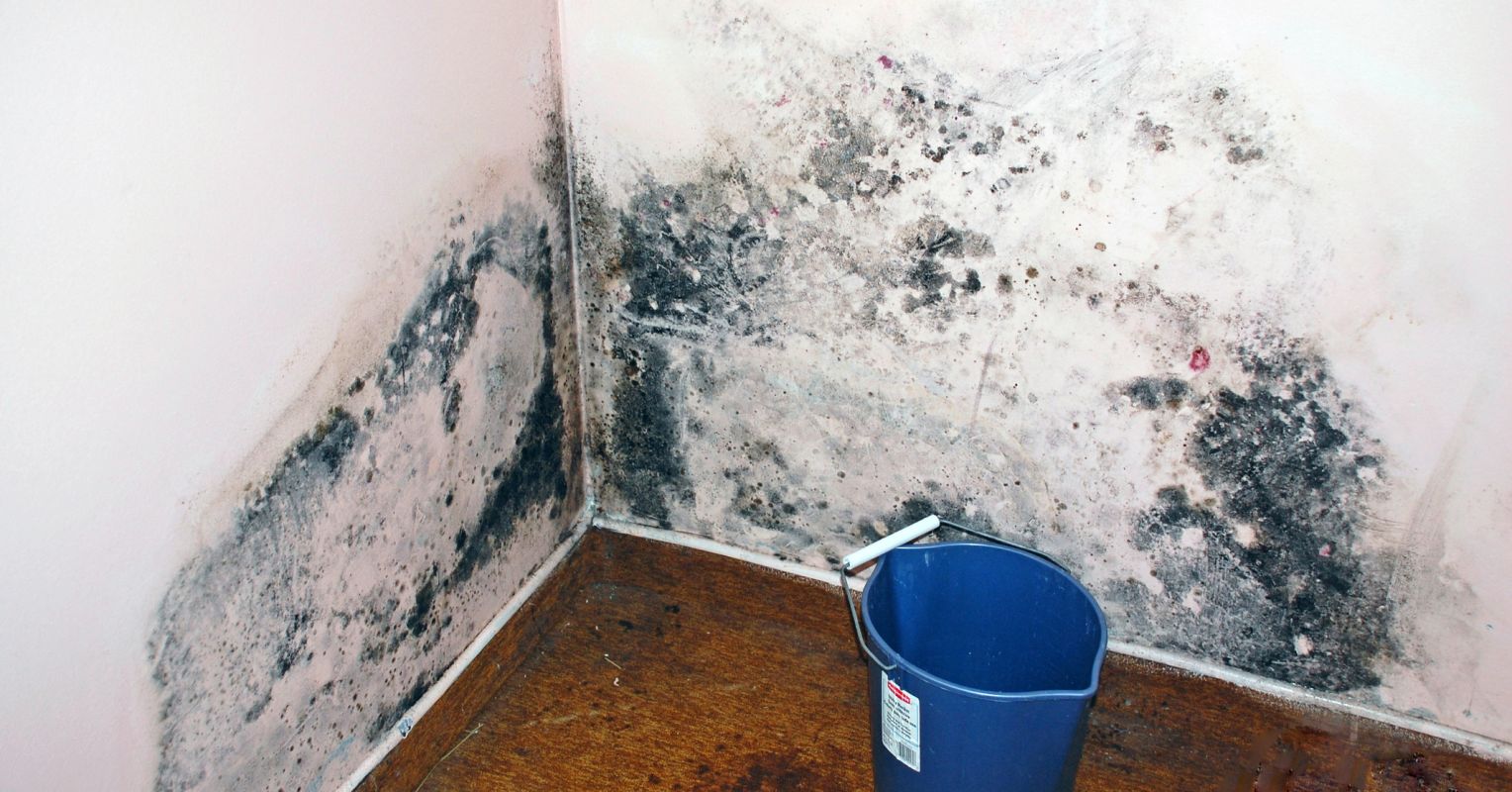Are you or a loved one experiencing alcoholism? Although overcoming alcohol addiction might be difficult, recovery is achievable with the correct resources and techniques. We’ll look at every facet of alcohol addiction in this extensive guide, including its causes and available treatments. Together, let’s go out on this path to a life free of alcohol and greater health.
Table of Contents
Comprehending Alcohol Dependency
What Causes Addiction to Alcohol?
Alcohol addiction, also referred to as alcoholism or alcohol use disorder, is a complicated problem with a number of underlying causes. It’s not only about binge drinking; it’s also about not knowing how much alcohol is too much. Alcohol addiction can result from a number of circumstances, such as:
Molecular biology
A big part is played by family history. Your risk increases if you have a family member who has struggled with alcoholism in the past.
The Psychological Aspects
Alcohol abuse as a form of self-medication can result from stress, anxiety, and sadness.
The Social Context
Influence from a social group of heavy drinkers and peer pressure might also play a role.
Injury
Alcohol abuse can result from past trauma as a coping method.
Alcohol Addiction’s Stages
Generally speaking, alcohol addiction develops in phases:
Tests and Trials
People try alcohol at this point either out of curiosity or in response to peer pressure.
Continual Use
The person starts to drink more frequently and maybe even on their own.
Drinking Issues
Drink-related issues begin to surface, such as missed work or marital problems.
Reliance
Alcohol causes physical and psychological dependence, which results in withdrawal symptoms when it is stopped.
The Effects on Health
Alcoholism has negative effects on both mental and physical health. Among the possible health problems are:
Liver injury
Heart issues
Cognitive decline
Heightened likelihood of mishaps
Mental illness conditions
Getting Alcohol Addiction Help
Options for Treatment
Alcohol addiction may be overcome, and there are several treatment choices available:
Removal of toxins
When it comes to eliminating alcohol from the body under medical supervision, this is frequently the initial step.
Rehab in an Inpatient Setting
Patients remain at a treatment center where they get intense counseling and assistance.
Excluded from Hospitalization
With this approach, patients can continue with their regular activities while receiving therapy.
Support Teams
Alcoholics Anonymous and other groups offer continuous support and motivation from other people who are also in recovery.
Coping Mechanisms
Techniques for Remaining Sober
After therapy, recovery is a continuous process. The following are some methods for staying sober:
Prevent Triggers
Recognize and stay away from persons or circumstances that make you crave alcohol.
Form Healthful Routines
Opt for healthy pastimes like exercise in place of drinking.
Create a Network of Support
When things are hard, rely on your friends and family for emotional support.
Seek Expert Assistance
When things are tough, don’t be afraid to get help from a therapist or counselor.
FAQ’s (Frequently Asked Questions)
What symptoms indicate an addiction to alcohol?
Increased tolerance, withdrawal symptoms, ignoring obligations, and a strong desire to drink are all indicators of alcohol addiction.
Is it possible to overcome alcoholism on my own?
While some people are able to overcome addiction on their own, success rates are considerably higher when professional assistance and support groups are sought for.
How much time does it take to detox from alcohol?
Detoxification might take anything from a few days to a week, depending on the person’s health and alcohol usage.
Exist any drugs to treat alcohol addiction?
In order to assist control cravings and withdrawal symptoms, a medical expert might prescribe certain drugs.
Is relapse prevalent in the treatment of alcohol addiction?
It’s important to keep optimism alive even when relapses are possible. On their path to recovery, many people relapse, yet every setback presents an opportunity for growth and learning.
Which withdrawal symptoms are typical during an alcohol detox?
Alcohol detoxification can cause a variety of withdrawal symptoms, such as sweating, shivering, nausea, anxiety, and, in extreme situations, hallucinations or seizures. To properly handle these symptoms, detoxification under medical supervision is necessary.
How can I support a family member who is battling alcoholism?
Helping a loved one who is addicted to alcohol can be difficult but necessary. Be patient and empathetic, push them to receive professional help, and go to support group sessions together. Refrain from supporting their addiction and let them know you are there to assist with their recovery.
In Conclusion
Although beating alcohol addiction is a difficult road, it is one that is worthwhile. You are capable of overcoming alcoholism and leading a better, healthier life provided you have the necessary information, resources, and resolve. Recall that you are not fighting this war alone and that you can get well.




